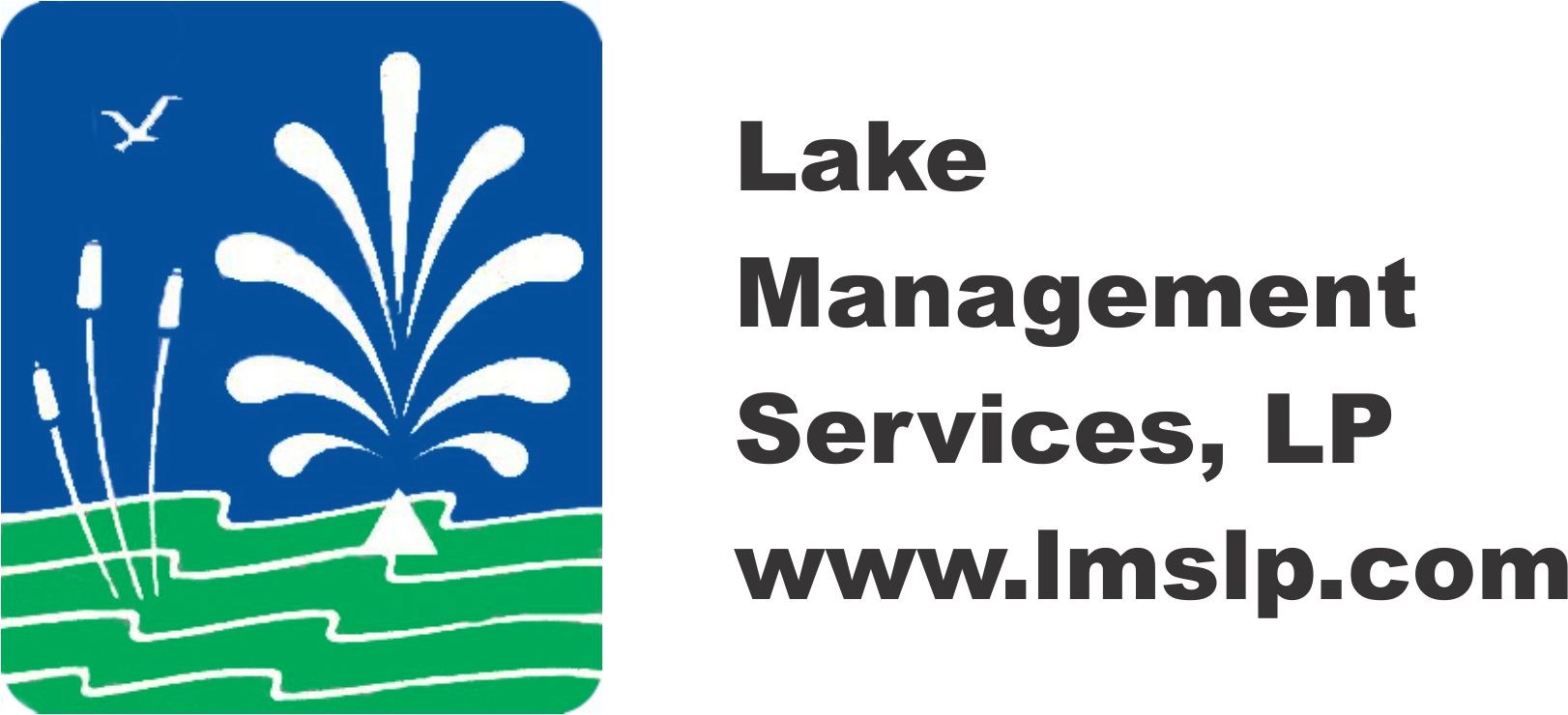Services
Farm And Rural
Ever wonder what kind of fish are in your pond? What kind of weeds and water quality conditions your pond has? Does it matter? These are questions whose answers could vary considerably depending on the owner‘s goals as well as the purpose(s) of the pond. Most urban impoundments are within single or multi-family developments, office complexes and golf courses. These waters may serve several purposes such as detention, irrigation, recreational and aesthetics. Rural ponds are generally on private acreage with a single owner and may serve in a similar capacity as above but may also include livestock watering and trophy fishing. Many times there are distinct differences between urban and rural lakes and ponds, as well as owner desires. Basically, urban waters must be weed-free, clear and pristine with no odors or insect problems. These ponds usually incorporate some type of aeration system to double as a water feature. Fish are usually of little importance as long as they are present and healthy. The management of rural lakes and ponds usually involves determining a specific primary purpose and working around that aspect. For example, if a farm pond‘s primary purpose is livestock watering, the existence of submersed aquatic plants may not have an impact. However, if the owner is an avid fisherman and desires large bass, for example, the vegetation factor must be considered.
These issues should be planned for during the design phase of the impoundment. Once the lake or pond is constructed, it can be very expensive and time consuming to make significant changes. Most owners spend thousands of dollars during the construction phase only to be rewarded with thousands of headaches during the management phase. In the rural sector, many pond owners are satisfied to go through seasonal use patterns to help minimize management expenses. Most typical farm ponds serve to water livestock. Due to the high cost of chemicals, to control aquatic weeds and algae, and their use restrictions, recreational fishing may only occur in the spring before the weeds become abundant and later in the fall after the weed growth has subsided. However, if the pond serves as an irrigation source, aquatic weed control must be addressed manually, chemically or biologically. There are also rural pond owners that may decide to intensely manage for trophy fish, such as largemouth bass. This aspect can further complicate management, especially if the impoundment was not designed to facilitate trophy fishing. Abundant weed growth, water quality problems and predator-prey ratios can be very costly to “fix” in rural waters.
Although significant problems can arise within all man-made bodies of water, owners can find expert advice through private qualified consulting firms. However, be forewarned. The key is “qualified” as there are myriads of “lake experts”. Find the most experienced consultant who has been in the lake business for many years. This type of consultant will tell you what you need to hear and not just what you want to hear. In the past, lake management was a term associated with government-owned reservoirs.
Today, because of the demand for water, a new dimension in lake management has become necessary. Managing your lake can become very expensive and often the objectives are not fully understood by the owner. Qualified consulting firms can help owners define practical objectives and prepare management strategies to reach those goals.
The desire for lakes and ponds may be a concept that will last forever. Even so, the management of these impoundments will always be needed. Unmanaged or mismanaged, nature will charter a specific course that is usually not conducive to the owner’s objectives. The owner must harmonize with nature to realize the multitude of benefits that can be derived from an aquatic resource.
